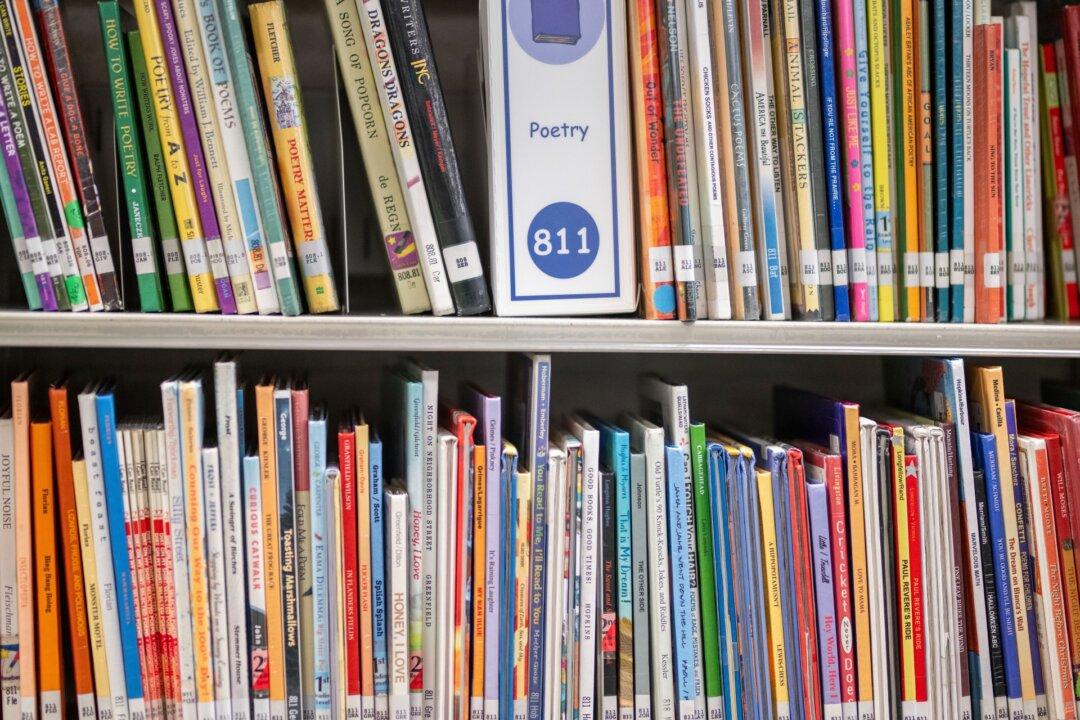Ontario’s Peel District School Board (PDSB) received criticism earlier this week, including from the education minister, after reports the board told librarians to remove all books published before 2008 for “equity” reasons.
The board’s education director says librarians were not given this instruction and that books with any publishing date that meet equity criteria should be kept.





